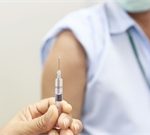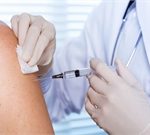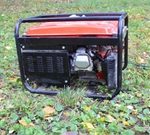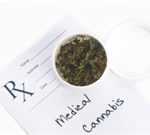
TUESDAY, Sept. 15, 2020 (Healthday News) — In a sign that Americans are becoming more wary about the safety of a new coronavirus vaccine, a new poll shows a majority of adults don’t trust what President Donald Trump has said on vaccine development. More than half (52%) of adults said they don’t trust the president’s vaccine comments, the NBC News/Survey Monkey poll found, while just 26 percent say they do. Twenty percent said they were “not aware” whether they trust what the president has said about a vaccine, NBC News reported. Those polled were also more skeptical about whether they or their families would get a government-approved coronavirus vaccine if one became widely available, NBC News reported. The poll’s latest data show that just 39% said they would get it, 23% said they wouldn’t and 36 percent say they weren’t sure. Just a month ago, 44% of Americans said they would get a government-approved vaccine, 22% said they wouldn’t, and 32% said they weren’t sure. The highest level of confidence in a coronavirus vaccine came during the week of Aug. 17 to Aug. 23, when 45% polled said they would get a vaccine. Despite public hesitancy, President Trump has promised a “safe and effective vaccine this year,” and the U.S. Centers for Disease Control and Prevention has advised states to prepare for “large-scale” vaccine distribution… read on >
















